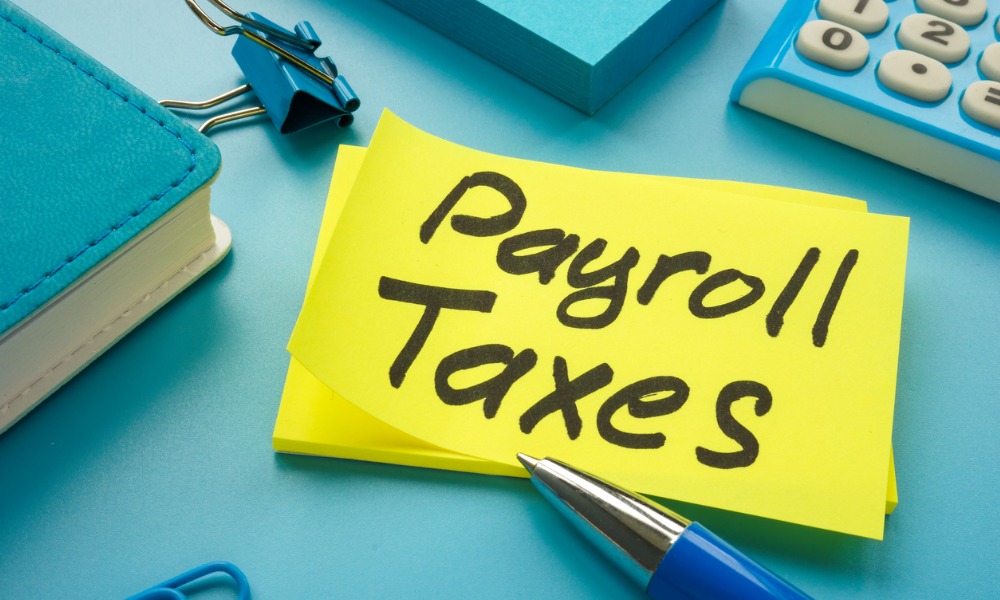Advisors' business clients are facing added costs in difficult environment

The cost of doing business in Canada is pressuring small business owners who are facing additional taxes and the repayment of government loans taken out during the pandemic.
Payroll taxes have been increasing since 2019, adding to costs for both employers and their employees, according to the Canadian Federation of Independent Business (CFIB).
In addition, the federal government’s announcement has been dismissed by the CFIB as not doing enough to help small and medium sized businesses.
"Payroll taxes are taking a major bite out of both employers' and employees' earnings, at a time when we are all under immense inflationary pressure. Canada Pension Plan (CPP) and Employment Insurance (EI) premiums both went up earlier this year, and more increases are coming," said Christina Santini, CFIB's director of national affairs. "Ottawa needs to let business owners and their employees keep more of their money to face current economic pressures. It is not just about employers and employees having to pay higher premiums. It can also affect future wage increases."
CFIB polling found that 71% of business owners said payroll tax is the one that has the most negative impact on their growth, with employers paying an effective tax rate nationally of more than 10% with this rate having increased by an average 3% in every province except Manitoba and New Brunswick.
"Payroll taxes are paid regardless of if an employer is making any profit. That's not a fair and sensible approach and makes the current tough economic times even harder. Businesses who can't afford to absorb the costs may resort to raising prices, which in turn can result in lost sales. High payroll taxes also put their ability to grow and hire new staff at risk," said Francesca Basta, bilingual research assistant and co-author of the snapshot.
CEBA concerns
While taxation is one issue for business owners, the fast-approaching end of the £20,000 forgivable portion of the Canada Emergency Business Account (CEBA) is another, and CFIB says that the government’s announcement on this does not go far enough.
In the government’s statement it said that “the repayment deadline for CEBA loans to qualify for partial loan forgiveness of up to 33% is being extended from December 31, 2023, to January 18, 2024.”
According to CFIB's latest data, 69% of small businesses that accessed the loan have not yet been able to repay any of it. Only 18% have repaid their loan in full as of September.
“It is helpful that the government has given business owners an additional year to repay the full balance of the loan, but the plan misses the most central issue - the loss of the forgivable portion,” said Dan Kelly, president and CEO of CFIB. “Earlier CFIB data found that losing the forgivable portion puts at jeopardy the future of up to 250,000 small businesses.”



